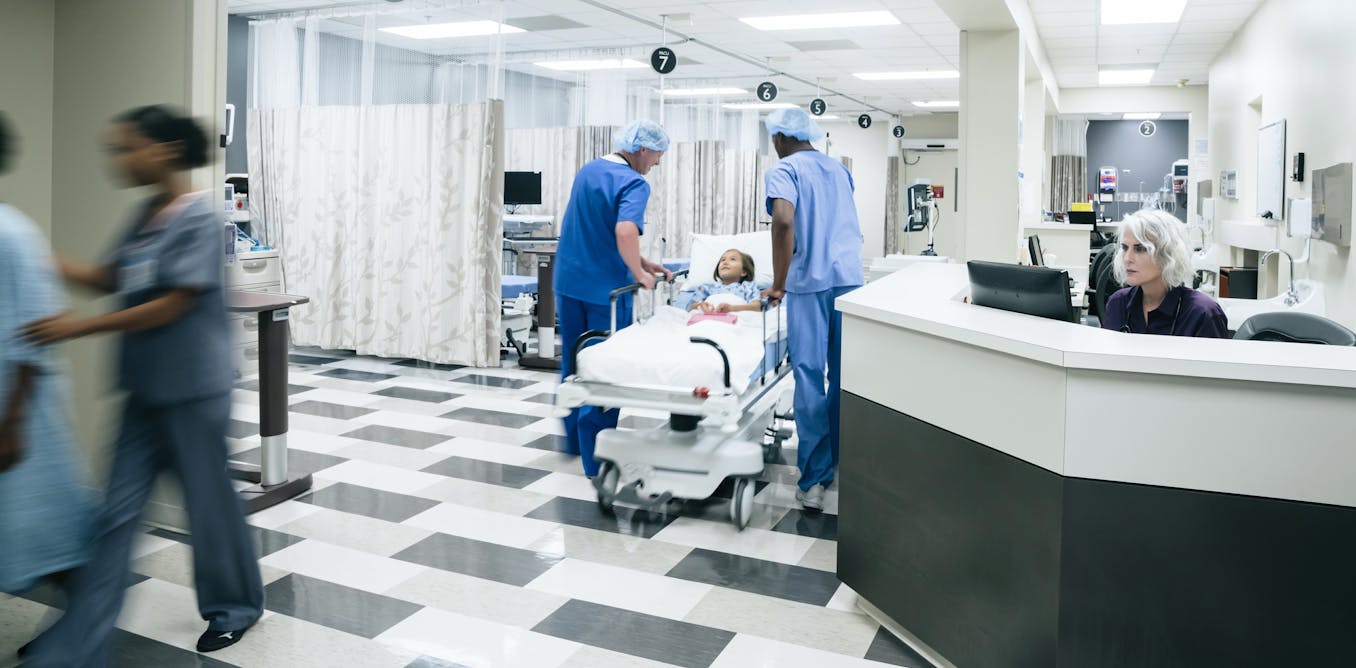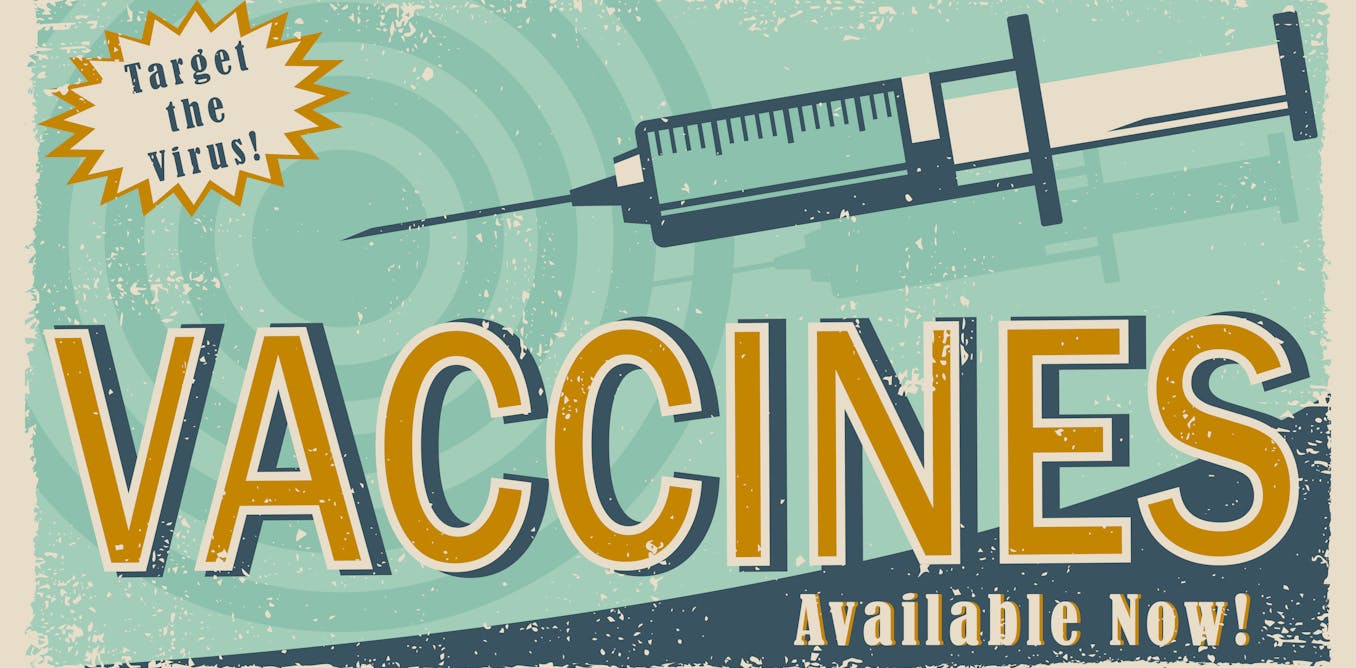A YOUNG woman claims she nearly died after mistaking deadly blood clots for a pulled muscle.
Holly Whitehall says docs spotted the killer clusters just 10 days before a dream trip to Australia, and warned her she wouldn’t have made it home from the six-month trip had she boarded the flight.
6

6
The 22-year-old, from Nottingham, first felt her left hip aching in October last year but she blamed it on going to the gym too much.
When the pain grew increasingly worse, the concerned fitness fanatic decided to visit her GP and was advised to go to A&E after medics suspected an ovarian cyst.
But further tests at Nottingham City Hospital revealed Holly had multiple deadly blood clots in her lungs, stomach and left leg.
Holly, who was excited about her trip to explore Australia, said doctors told her the blood clots would have killed her before she even returned home.
The paralegal claims she’s “lucky to be alive” and that doctors told her the clots were a direct result of taking the combined contraceptive pill.
Holly, who had tried three different combined pills since early 2022, underwent two surgeries to remove the clots and says she will now remain on blood-thinning medication for the rest of her life.
She’s warning others about the risks associated with the combined pill as she believes she delayed treatment by brushing off her symptoms.
Holly, said: “I just got this hip pain at the top of my hip all of a sudden but I go to the gym quite a lot so I thought I’d just pulled a muscle.
“I didn’t think anything of it. It was like an achy, growing pain.
“A couple of days later, I thought ‘this is getting quite painful’ so I tried the classic ice pack and heat but nothing was helping.
“My parents said ‘maybe you should go to the doctors and get it checked out’ so I went to the doctors and they did tests.
“At A&E I was feeling more and more uncomfortable. I was in a lot of pain and they basically told me that they’ve found blood clots in my leg and it’s travelled up to my hip.
“The pain in my leg got so bad that I couldn’t actually walk in the end.
What scares me most is that I didn’t know what was happening in my body and how quickly it came out of nowhere
Holly Whitehall
“There were clots in my lungs, stomach and left leg. They were shocked that it hadn’t affected my breathing.
“They said it was a significant amount and I was lucky to be alive. I was pretty petrified.
“I was meant to be going travelling to Australia two weeks later and they essentially said that if I’d got on the plane I wouldn’t have made it home.”

6

6
Holly underwent two surgeries to remove the blood clots as well as having a stent fitted in her hip.
Later tests revealed that Holly had antiphospholipid syndrome (APS) – a disorder of the immune system that causes an increased risk of blood clots.
‘Don’t ignore signs of pain’
Holly is now warning others about the risks associated with the contraceptive pill following her three-week hospital admission last year.
Holly said: “The doctors said this could’ve potentially happened in the future because of underlying issues with the APS but that it was triggered and contributed by the pill.
“What scares me most is that I didn’t know what was happening in my body and how quickly it came out of nowhere. You never think it’s going to happen to you.
“I would tell people not to ignore any signs or pains you’re getting, especially if you’re on the pill.
“I tell everyone to get things checked just to be sure. I probably delayed treatment for myself by thinking it was minor.
“Just consider all options of contraception and whether you actually need them.”

6

6
Can birth control cause blood clots?
If you’re taking birth control or thinking of taking it you might be worried about side effects, including the risk of blood clots.
Although the risk of developing a blood clot while taking contraceptives is low, there are factors that can heighten your risk.
What are blood clots?
Blood clots are clumps of blood that form in response to injury.
This a natural and protective process by the body which helps to stop bleeding.
If our blood couldn’t clot, we’d bleed excessively from the tiniest of scratches.
Most of the time, clotting is as safe, natural, and protective response to injury.
Sometimes, however, blood clots form without an injury and fail to dissolve, causing blockages in the veins or arteries.
A blood clot that forms in a vein, usually in the lower leg, is known as deep vein thrombosis (DVT).
If these blockages travel to the heart, lungs, or brain.
These can cause serious issues such as pulmonary embolism, heart attacks and strokes.
Routine medications – such as combined hormonal contraceptives and hormone replacement therapy (HRT), are known to increase the risk of a blood clot.
How does the pill increase my risk?
Combined contraceptives contain synthetic versions of the female hormones oestrogen and progesterone, which in combination are very effective at preventing pregnancy.
However, oestrogen has an effect on the blood, making it more “sticky” and therefore slightly more likely to form clots.
Combined hormones are also used in the contraceptive patch and the vaginal ring, which means these types of contraception are also associated with a slightly increased risk of blood clots.
It is unlikely a doctor will prescribe the contraceptive if a woman has two or more of the following risk factors:
- Aged 35 or over
- Smokes or quit in the past year
- Is very overweight
- Has migraines or high blood pressure
- Has had a blood clot or stroke before
- Had a close relative who developed a clot before 45
- Has been immobile for a long time, such as wheelchair users
What are the symptoms of a blood clot?
Although it’s very unlikely that your combined contraceptive will cause a blood clot, it’s still a good idea to familiarise yourself with the symptoms.
Blood clots usually develop in the lower legs, so you may initially notice symptoms there, including:
- Throbbing or cramping pain in the leg or arm
- Swelling, redness, and warmth in the leg or arm
- Sudden breathlessness and sharp pain in the chest, as well a cough that may bring up blood
A blood clot that’s travelled to the lungs may cause sudden breathlessness, chest pain, and coughing that brings up blood.
If you experience any of these symptoms you should call 111 immediately for advice.
Source: Lloyds Pharmacy




